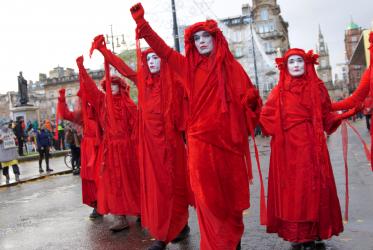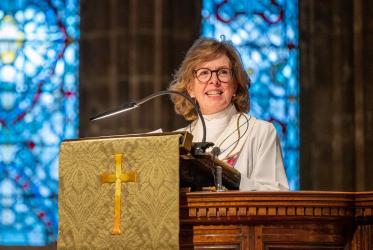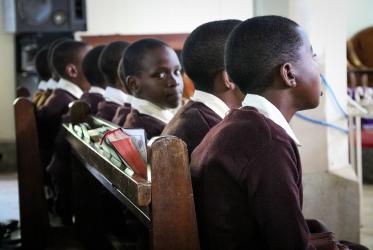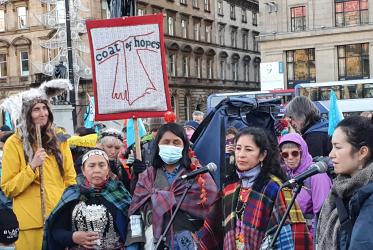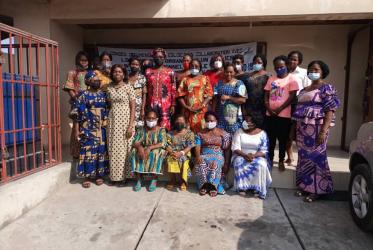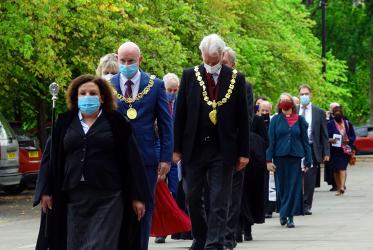Displaying 121 - 140 of 177
African church leaders train in leadership, diakonia and development
12 November 2021
Protecting Ethiopia’s church forests
27 October 2021
Climate crisis fuels existing water injustice
27 October 2021
WCC consultation reflects on future of health ministry
15 October 2021
EWN members stand in solidarity with water and land defenders
21 September 2021
Churches offer some relief in Kenya’s drought disaster
16 September 2021


